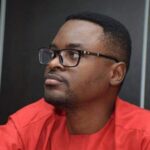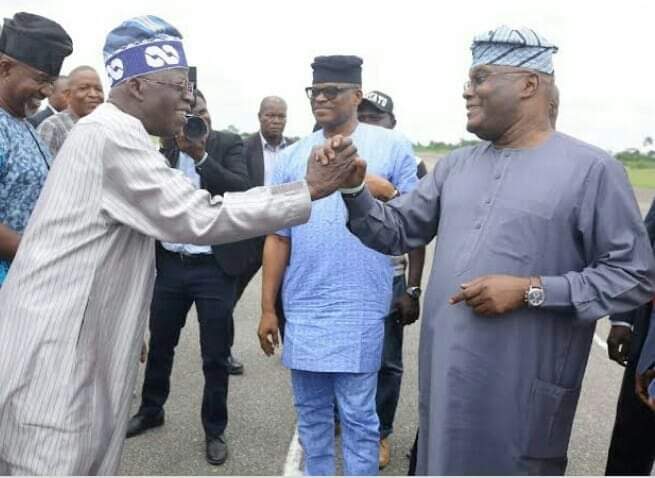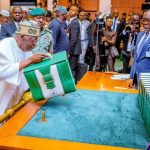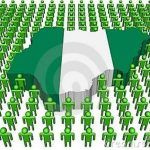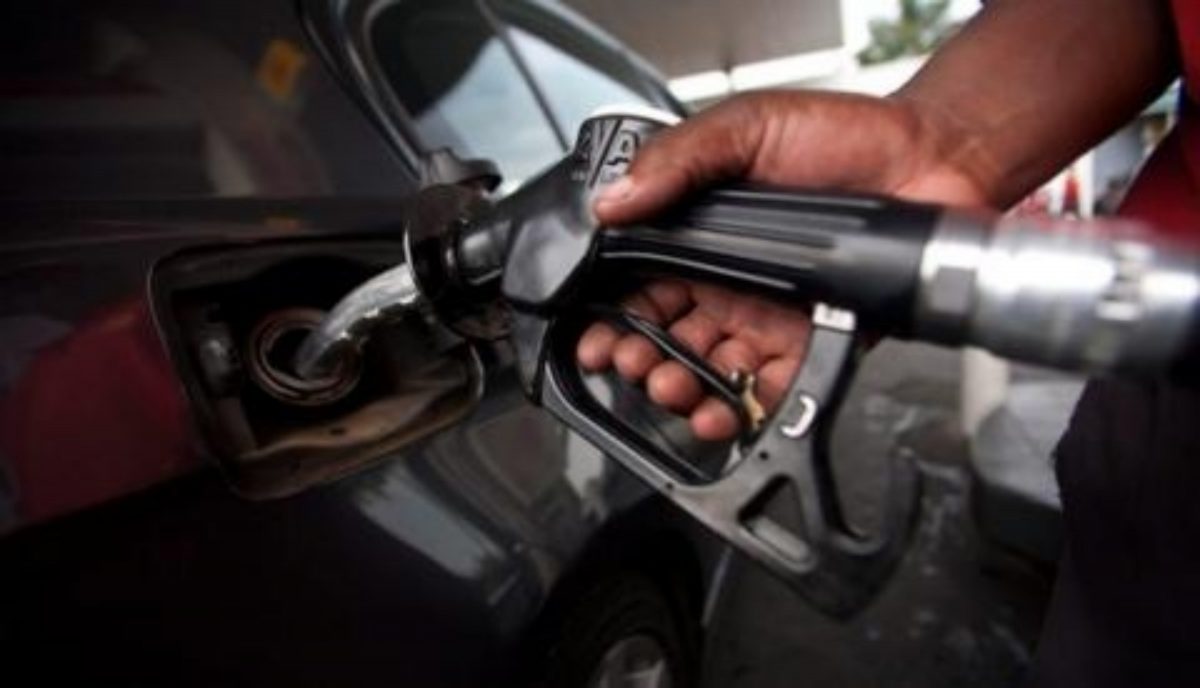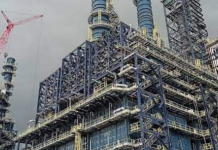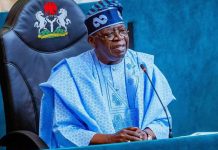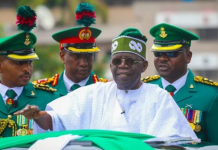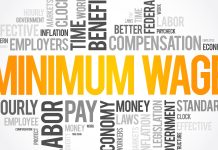In the beginning was a man who professed to be the unifier of Nigeria; he pledged to unite a sundered Nigeria; his campaign motif was ‘’One Nigeria’’, but under a blizzard of political uncertainty, he is retreating into a tribal silo. Why?
Nigeria needs a leadership that can hold it together; consolidate on the existing welding efforts, and inspire hope, patriotism, oneness, and fellowship. It is true that over the years, various administrations have struggled with the challenge of harmonising disparate interests and managing dissensions. Every administration is faced with this challenge. But what really matters is the will and the managerial amplitude to respond to the problem.
The Buhari administration, for instance, could be accused of other failings, but it has been even-handed in the distribution of infrastructural projects across the zones. The second Niger Bridge in the south-east is reported to be one of the most expensive projects under this government. The federal executive council (FEC) recently approved the takeover of the construction of N202 billion Enugu-Onitsha expressway by MTN Nigeria, under the road infrastructure tax credit (RITC) scheme. MTN Nigeria will complete the dualisation of the 110-kilometre road.
Last Friday, Nyesom Wike, governor of Rivers, said President Muhammadu Buhari approved the payment of funds owed to states in the Niger Delta since 1999. According to the governor, the funds approved by Buhari was money owed from the 13 percent derivation fund.
He said: “Let me say it for the first time. So many people asked me: ‘where is he getting this money’? Let me say it. I want, through the attorney-general of the federation, to thank Mr President. Monies that were not paid to the Niger Delta states since 1999 — the 13 percent deductions — monies that were not paid, Mr President approved and paid all of us from the Niger Delta states. And for me, it would be unfair not to tell the public. It is not from FAAC money. It is the money that is supposed to be for Rivers, Delta, Akwa Ibom, Edo, and Bayelsa states.’’
These, among others, are some of the efforts I believe example leadership.
It is impossible to meet every demand, but it is important for the leadership to be equitable in the distribution of national resources which are the patrimony of every Nigerian.
The leadership must be fair to all – whether for or against. The leadership must create a convergence for divergent interests, opinions, and voices. No leadership is without opposition. In fact, opposition is the mitochondria of democracy. You need it to keep the wheel going and to keep the government accountable to the people.
The leadership must represent the yeas and the nays. The leadership must bring together, not put asunder. Therefore, Nigerians must make the right decisions in 2023. Nigeria needs a president for all Nigerians. A president who is dispassionate in judgment, and who can example this aspect of Buhari in dealing fairly in the distribution of national resources. They must choose that leader.
Atiku Abubakar, presidential candidate of the Peoples Democratic Party (PDP), styles himself as the ‘’unifier’’ of Nigeria. But really, his recent statements and disposition are deleterious to national unity. It appears the PDP presidential candidate has settled for the unsublime political route. His statements on campaign stumps tug at atavistic and base sentiments.
He asked the north not to vote for Igbo or Yoruba presidential candidate at a conference in Kaduna in October. And a few days ago, he invested himself further in ethnic politics by emphasising sectional identity at a campaign rally in Gombe.
As I advised in a previous column, the ‘’unifier’’ needs to beat a retreat from this path. He must understand that ethnic baiting is not a sensible campaign strategy for a country like Nigeria. What ethnic goading does is to create distrust in the minds of other Nigerians. This distrust is exacerbated and persists long after the campaigns.
Conversely, Bola Ahmed Tinubu, presidential candidate of the All Progressives Congress (APC), appears invested in addressing specific needs of each zone in his stump speeches – and not stroking some ethnic dander.
He held a townhall meeting in Owerri, Imo state, last Thursday where he spoke on issues tugging at the heart of the zone.
According to him, “We will build an ecosystem where traders will have access to credit facilities and create more and better jobs for our youths, as well as support more high-quality home-grown goods. My government will build new industrial hubs in Aba and Owerri. We will establish policies that would widen horizons and expand business reach while ensuring Owerri-Port Harcourt and Aba-Port Harcourt corridors becoming more active and lucrative trade and manufacturing corridors.”
Nigeria needs a Nigerian president in 2023 – not Igbo, Hausa, Yoruba, Fulani, Ijaw, etc. Just a Nigerian president. A president for all.
Nigerians must distinguish between political artifice and genuine design.
This is the choice before us.
